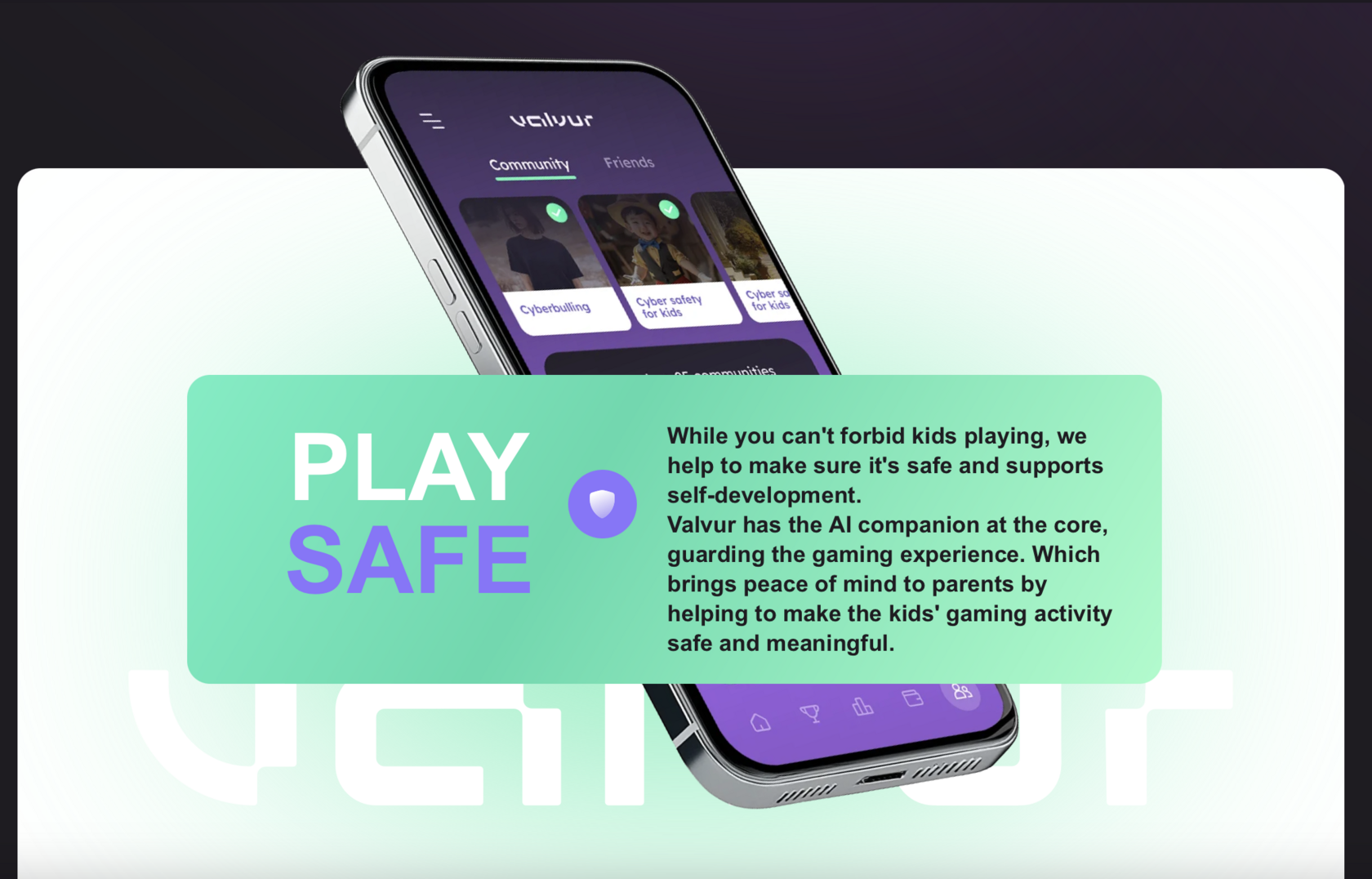Gaming & Mental Health: Creating a Positive Space for All
For whom: Gamers, parents, and anyone passionate about mental well-being in gaming.
TLDR: Gaming can impact mental health both positively and negatively. On World Mental Health Day, we explore how gaming can support well-being and what we can do to make gaming a safer, healthier space for everyone.
CTA: Take time to reflect on your gaming habits, support others, and use gaming as a tool for mental well-being. Explore our resources to make gaming a positive experience for all.
Reading time: 3 minutes
Gaming & Mental Health: A Two-Way Street
Gaming is often seen in two lights—either as an escape and a form of relaxation or as something that can lead to stress, toxicity, and addiction. The truth is, gaming is a powerful tool, and how we use it determines whether it improves or harms our mental well-being.
On World Mental Health Day, let’s take a moment to recognize the role gaming plays in our lives and explore ways to make it a force for good.
The Positive Side: How Gaming Supports Mental Well-Being
Gaming has been shown to have several mental health benefits when approached in a balanced way:
- Social Connection: Online games help people build friendships and communities, reducing feelings of loneliness and isolation.
- Stress Relief: Immersive games can be a great way to unwind and take a break from daily stressors.
- Cognitive Benefits: Puzzle games, strategy games, and even fast-paced shooters improve problem-solving, reaction times, and creativity.
- Emotional Resilience: Overcoming challenges in games can help build patience and resilience, skills that translate into real life.
- Therapeutic Potential: Some games are designed specifically to help with anxiety, PTSD, and depression, offering a guided way to cope with mental health challenges.
The Challenges: When Gaming Becomes Harmful
While gaming has many positives, it also has potential risks if not managed well:
- Gaming Addiction: Excessive gaming can lead to neglect of real-life responsibilities, sleep deprivation, and dependency.
- Toxicity & Cyberbullying: Online harassment and negative interactions can take a toll on mental health.
- In-Game Stress & Burnout: Competitive gaming can lead to frustration and stress, especially in high-stakes situations.
- Escapism Without Balance: Relying on gaming as the sole way to cope with stress can create avoidance patterns rather than addressing real-life issues.
Making Gaming a Safer & Healthier Space
Here’s how we can all contribute to better mental well-being in gaming:
- Set Healthy Limits: Balance gaming with offline activities, physical exercise, and social interactions.
- Support Each Other: Encourage positive communication in games, report toxicity, and check in on friends.
- Practice Mindful Gaming: Choose games that make you feel good and avoid those that increase stress.
- Take Breaks: Resting between gaming sessions helps prevent fatigue and frustration.
- Promote Safe Spaces: Parents and guardians can guide younger players by setting boundaries and monitoring online interactions.
Join the Movement: #AllGamersMatter
Gaming should be a space where everyone feels safe, supported, and included. On this World Mental Health Day, let’s commit to making gaming a tool for connection, resilience, and well-being.
Explore our resources and be part of the change—because mental health matters in gaming, too!


